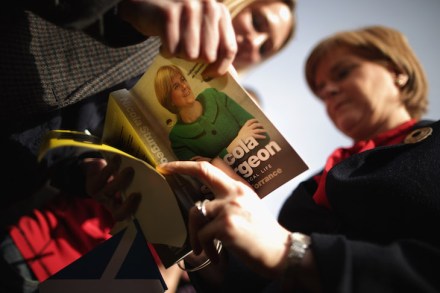Spectator competition winners: record-breaking limericks
The latest competition called for limericks describing a feat worthy of inclusion in Guinness World Records. This assignment was a nod to my nine-year-old son, who is a big fan of astonishing facts. Every year, when he gets his mitts on the latest Guinness World Records, he follows me around the house bombarding me with them. To the records I’ve recently expressed amazement at — most people in a camper van; most basketball slam dunks in a minute by a rabbit; tallest ever domestic cat — you added the feats below, winningly celebrated in limerick form. Each one printed earns its author £9. Honourable mentions go to Clare Sandy, Jeffrey




















